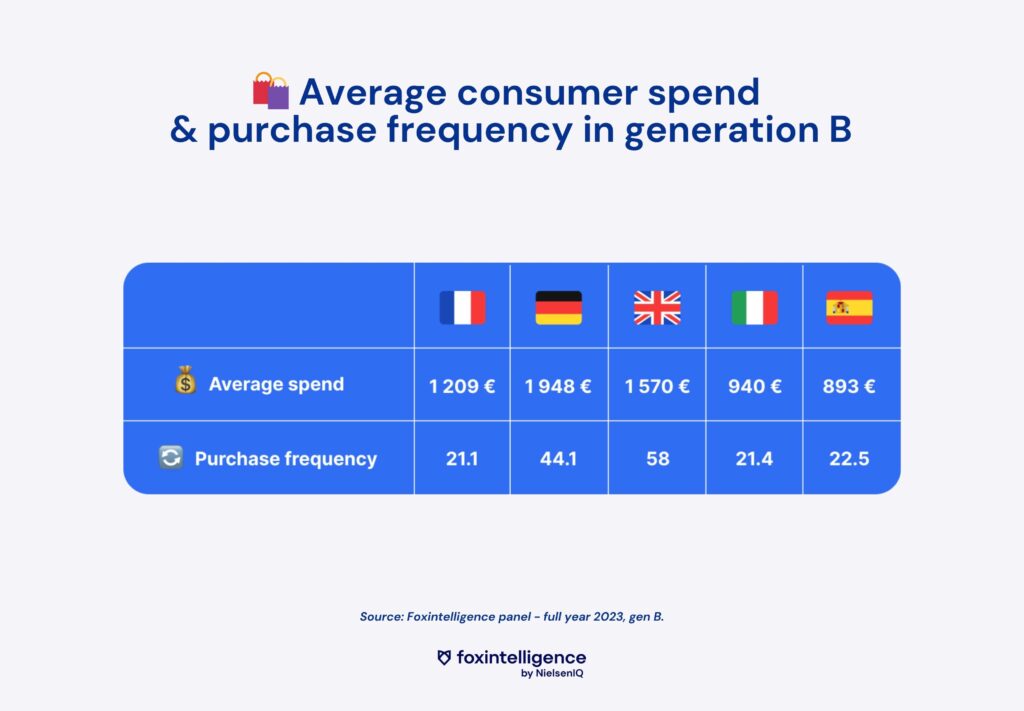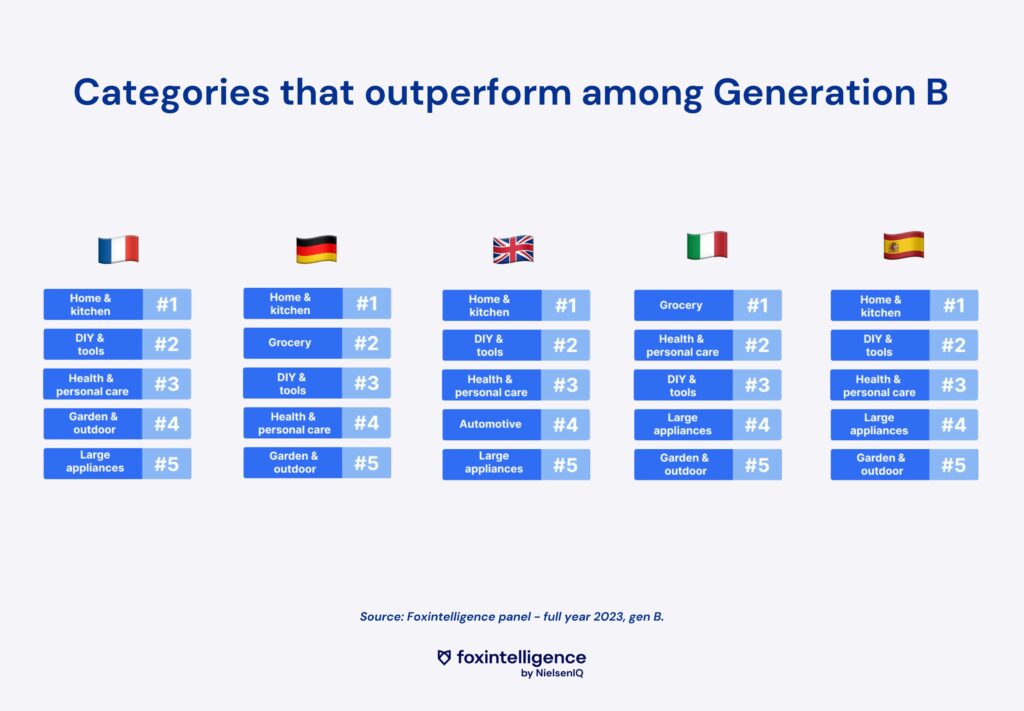Generation B, born between 1943 and 1960, refers to individuals born after World War II, during the period of high birth rates that followed. This demographic group grew up in a time of relative economic prosperity and witnessed major transformations such as the advent of television, the rise of the automobile, and the expansion of mass media. Baby Boomers are often described as hardworking, family-oriented individuals with a strong attachment to traditional values.
They have witnessed numerous social, economic, and technological changes throughout their lives, continuing to influence the consumer landscape today.
Generation B and Their Consumption Habits
Shaped by unique experiences, Generation B has distinctive consumption habits. As consumers, Baby Boomers often prioritize the quality and durability of products. Having experienced periods of scarcity and rationing during their childhood, they place great importance on the value of the goods they purchase. Baby Boomers also tend to favor brands they have been loyal to for years, making them a significant target for companies’ loyalty strategies.
Moreover, Generation B places great emphasis on the shopping experience. For many of them, shopping is more than just a transaction; it’s a social activity and even a leisure pursuit. Baby Boomers enjoy in-person interactions and are often more inclined to make purchases in physical stores, where they can see, touch, and try products before buying.
Generation B and Their Relationship with Online Shopping
Although Generation B was initially hesitant to adopt online shopping, this trend has evolved over time.
Today, an increasing number of Baby Boomers turn to the internet to make purchases. This transition is partly due to the convenience and variety of offerings available online. Generation B appreciates the ability to easily compare prices, browse a wide range of products, and place orders without having to travel.
However, despite this shift to online shopping, Generation B continues to value the tangible aspects of the shopping experience. They place great importance on the security of online transactions and the ease of website navigation. Companies seeking to effectively target Baby Boomers must provide an intuitive and reassuring online experience while preserving traditional values of quality and service.






